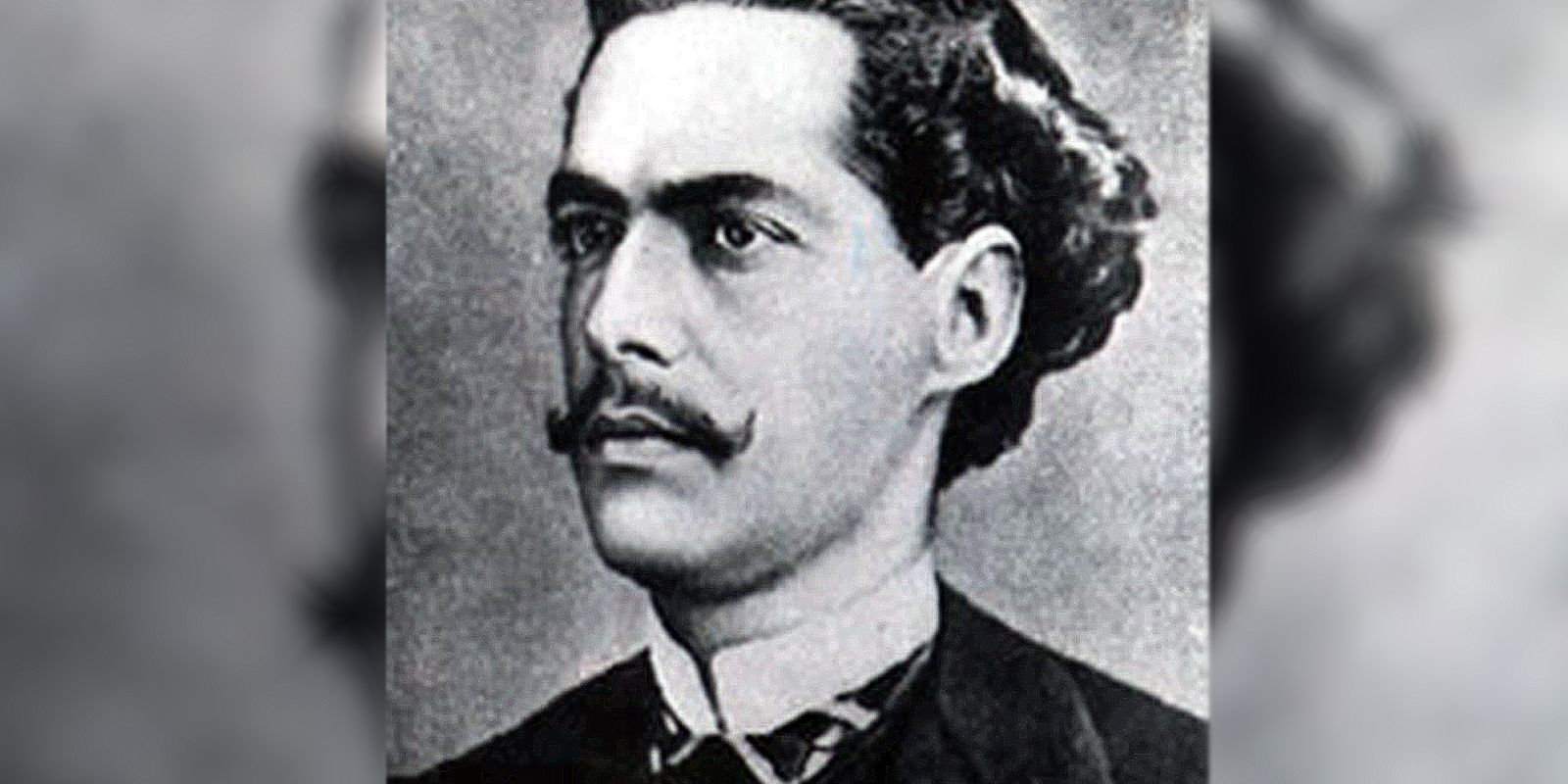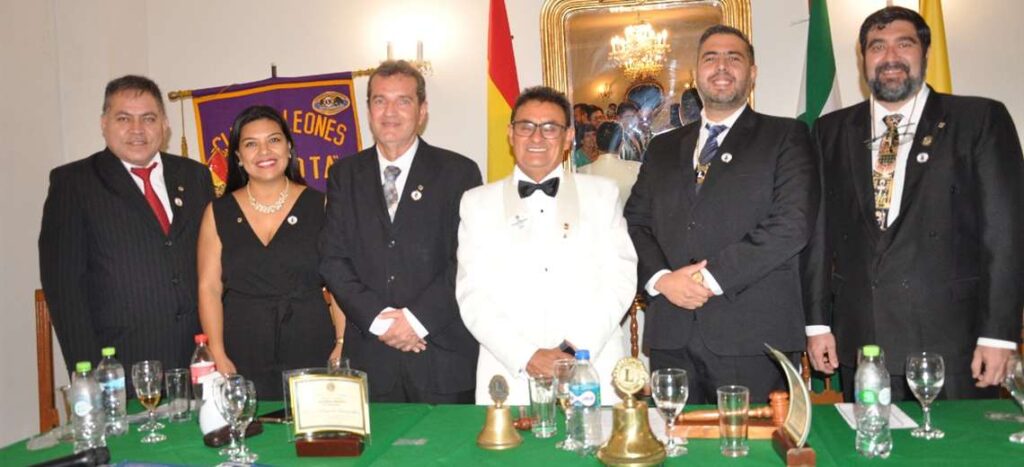(…) “Trapped in the links of a single chain,
The hungry crowd staggers,
And cry and dance there!
One is delirious with rage, another goes mad,
Another, which martyrdom brutes,
Singing, moaning and laughing!”(…)
Whistleblowers, the verses of the slave ship, by the Bahian poet Antônio Frederico de Castro Alves (1847-1871), are eternalized in Brazilian literature and also for being an abolitionist historical symbol. The freedom of slaves in Brazil would only occur 17 years after the death of the writer, who became known as the “Poeta dos Escravos”.
Castro Alves was born in a place called Fazenda Cabaceiras, close to the village of Curralinho (today, the city is named after the writer), exactly 175 years ago. He lived only 24 years when he was victimized by tuberculosis. Although young, he became famous, consecrated himself and was surrounded as he declaimed his ideals in narratives and rhymed descriptions.
The memory of Castro Alves’ birth is one of the highlights of this week. The thoughts of the renowned writer, in the second half of the 19th century, are studied and appreciated from school to university, read by children to adults, even so long after the time in which he lived. In classes, in libraries or in the middle of the street – as did a young writer fan of Castro Alves, who put the verses on trees.
To learn more about the story of the young poet, programs and reports from Brazil Communication Company make revisits to the time and provide reflections on slavery in Brazil. Among the special programs, the From There To Here, gives TV Brazilpublished in 2011, explains the poet’s trajectory – his departure from Bahia, his life in Recife, Rio de Janeiro and his arrival in São Paulo, where he enrolled at the Faculty of Law.
It was in São Paulo that he wrote masterpieces such as the slave ship and African Voices. The program contextualizes that Castro Alves was one of the main authors of Brazilian romanticism. Watch:
Check out the program in its entirety, divided into two parts, below.
O Literary Momentwhich airs on Radio MECdetailed the poet’s life story, and highlighted the romanticism, the lyricism and the “amazement at a world where slaves were a commodity on the seas“. Listen up:
It’s the podcast Radio Memoryproduction of Radio Societygives Radio MECretrieved a portion of the Kolynos Almanac, which, in March 1947, paid tribute to the poet on the occasion of the centenary of his birth. Follow a dramatization of Castro Alves’ biography, from his birth to his death, and talks about his family, loves, his career as a poet, his friendship with Machado de Assis and Rui Barbosa:
Craftsmanship
In addition to the memory of Castro Alves, Brazilian culture is contemplated this week with the National Artisan Day, celebrated on March 19. The value of the profession always appears in the productions of the EBCas in this episode of reporting paths, gives TV Brazil, which aired in 2014. The program tells the story of artists from different parts of the country, including sertanejos from Bahia, Ceará and Alagoas. Check out:
In the Midwest, the TV Brazil also recorded the growth of artisans even during the pandemic. In the Federal District, for example, there was a 72% increase in the number of artisans between 2019 and 2021, which added up to more than 12,000 workers who until then were in a vulnerable situation. Check out the report:
Check out the weekly list of Hoje é Dia with dates, historical facts and holidays:
March 13 to 19, 2022
13
Death of the Bahian religious Sister Dulce (30 years old) – canonized by the Catholic Church in 2019
14
Birth of Empress Consort of Brazil Teresa Cristina of Bourbon-Two Sicilies, Mother of Brazilians (200 years old)
Birth of American gymnast Simone Biles (25 years old)
Birth of Bahian writer Castro Alves (175 years old)
15
Beginning of the Russian Revolution (105 years)
World Consumer Rights Day
16
Death of Brazilian geographer and university professor Aziz Nacib Ab’Saber (10 years old) – considered a reference in matters related to the environment and environmental impacts resulting from human activities, he was a multipurpose professor, laureate with scientific honors in geography, archeology, geology and ecology
Creation of the Federal Railroad Network (65 years)
Result of the competition for Planning the Construction and Relocation of the New Federal Capital announced the victory of Lúcio Costa for the Plano Piloto project of Brasília (65 years old)
National Day of the Theater of the Oppressed – date in honor of the birth date of its creator, the playwright Augusto Boal
17
Referendum officially ends apartheid in South Africa (30 years)
18
Death of American guitarist, singer and songwriter Chuck Berry, the father of rock and roll (5 years)
Tragedy of Vila Barraginha, in Contagem (30 years old) – an avalanche of land came off an embankment under construction, burying shacks and houses in the village
National Jewish Immigration Day
19














